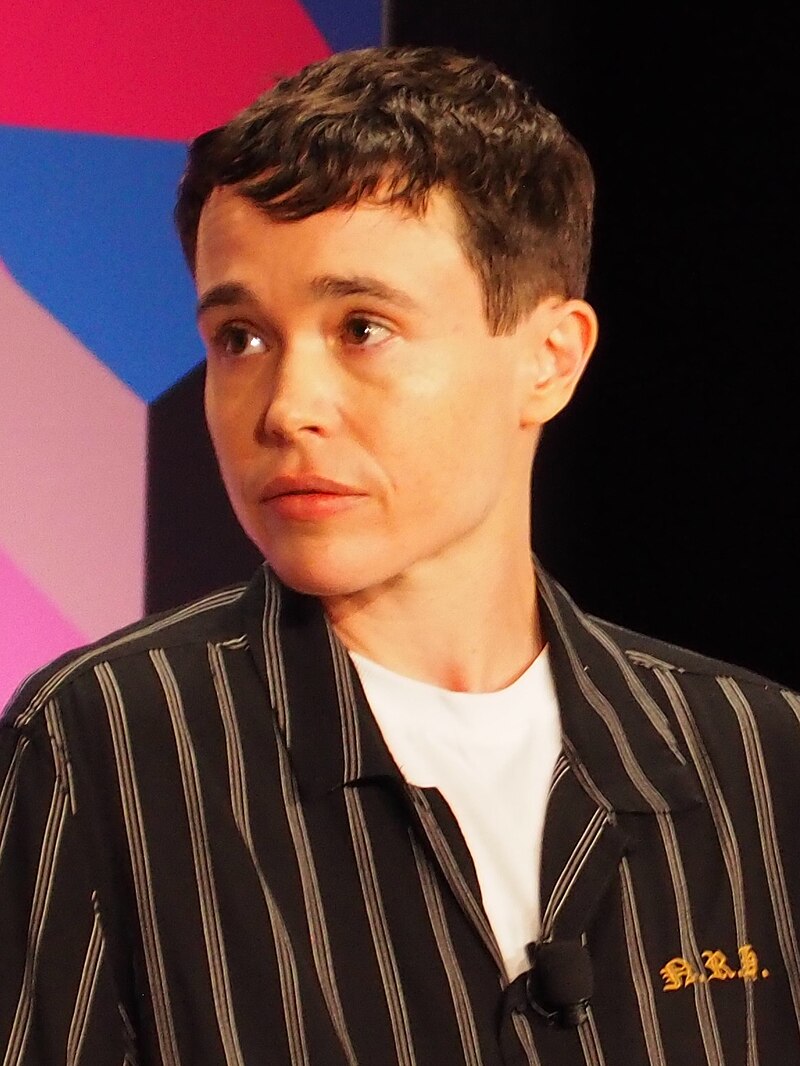The other day, I saw an article on a major women’s magazine website on how excited Chrissy Teigen was to see Crazy Rich Asians with her little daughter. She was so moved to be able to show her quarter-Asian daughter that there are people who look like her grandmother (Chrissy’s mother) in a movie! Representation and diversity for the win! I was wondering how much her infant daughter needed to see more people who look like her grandmother when Teigen herself is one of the most widely photographed and talked-about people on the internet.

At first, this breathless universal praise didn’t bother me in the least. The consensus seems to be that Crazy Rich Asians is finally showing Asians on the screen, as beautiful heroines and handsome Prince Charmings of a major studio film, not just geeky sidekicks like Lane Kim of Gilmore Girls. Growing up, Lane Kim was the reason I stopped watching Gilmore Girls after a few episodes. With her glasses and tomboyish looks, she was meant to be an unattractive, un-sexy best friend to Rory Gilmore with her baby-blue eyes. Logan would never fall in love with Lane, oh no.
Even more insulting was the portrayal of her family, especially Lane’s mother with her painfully bad accent and permanently angry face. The worst was when Lane got married. At the reception at a Korean-American church, all the guests threw themselves upon the food like locusts and even packed the japchae and bulgogi to-go like starving peasant nincompoops. Was this how my people must be represented on TV?! I was disgusted.
To have Asian people on screen who are not just a comic punchline is definitely progress. But to say Crazy Rich Asians gives voice to Asians would be reductive, even downright wrong. CRA is about a very, very small number of very, very privileged people in Singapore. To say that this story of the 1% of the 1% of one country is a victory for all Asians or Asian-Americans is as misleading as saying that Downton Abbey is a victory for European culture.
To Americans, anyone with a golden skin tone, almond eyes and black hair from the Eastern hemisphere is automatically Asian or, if they grew up in America, Asian American. Meanwhile, I have never thought of myself as Asian, just as I don’t eat “Asian food.” I eat Korean, Thai, Japanese, Chinese, or Indian food; my language isn’t Asian, but Korean; my cultural customs are also Korean. To be called “you’re Asian” by others makes me feel like I did as a child, when none of my new American classmates knew where Korea was and asked if it’s somewhere near China or Japan. To be called “Asian” reminds me of being jeered at as “Chink,” which mercifully only has happened a few times in my life. Or being catcalled “Gonichiwa” or “hey China doll,” which unfortunately has happened about hundreds of times in my life.
How I feel about the cultural imposition of Asian-ness by non-Asians is similar to how Chimamanda Adichie Ngozi described in Americanah what it’s like to be called “black” and “African” by white Americans. “When you make the choice to come to America, you become black. Stop arguing. Stop saying I’m Jamaican or I’m Ghanaian. America doesn’t care,” she wrote. This is cultural hegemony in another mask.
Not only does Crazy Rich Asians represent just a very sliver of an ambiguous collective “Asian,” it also perpetuates a disturbing stereotype about “the money- and prestige-obsessed Asian.” I’m not saying that there are not currently Asian billionaires who spend millions on their wardrobes without batting an eye, who give plastic surgery to their ornamental pet kois worth hundreds of thousands of dollars. But is this vile consumerism really what we want to highlight as the flowering of Asian culture? If there are people who are this crazy rich, it unquestionably follows that there are people who are crazy poor. Isn’t social inequality a far more dire and pressing issue than how many Asian people are on the big screen?
Finally, Crazy Rich Asians is hardly unique in being a film with an all-Asian cast. (Don’t even get me started on all Asian-American cast–see above on cultural hegemony). For films that are truly deep explorations of Asian culture, history, and in extension, human condition, I recommend: Once Upon A Time in China 1-6 (1991-1997), Farewell My Concubine (1993), The Last Emperor (1987), In The Mood For Love (2000) and honestly anything by Wong Kar-Wai, all from Chinese-speaking regions; Joint Security Area (2000), Mother (2009) by Bong Joon-Ho, not to be confused with the Jennifer Lawrence flick, Oldboy (2003), all from South Korea.
If Crazy Rich Asians made you feel vindicated, validated, and appreciated, that’s positive. But let’s not go so far as to say this Hollywood rom-com is the basis for our self-esteem (should any adult really derive self-confidence from movies? Come on). Eastern culture has represented itself gloriously for thousands of years before CRA—this film just happens to have the best marketing.
Have you seen Crazy Rich Asian? What are your thoughts?
Related: Has Conscious Consumption Peaked? Why It’s Not Saving The Earth, Honestly
Priyanka Chopra Hates The Term “Women Of Color”–And We’re Totally With Her
“I’m Done”—Mena Suvari Eschews Fast Fashion & Embraces Completely Vegan Life
Get more like this—Subscribe to our daily inspirational newsletter for exclusive content!
__
Photo: Crazy Rich Asians via Instagram




